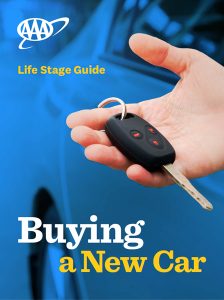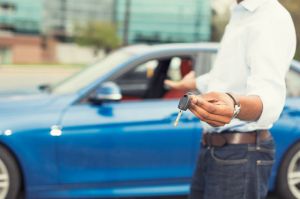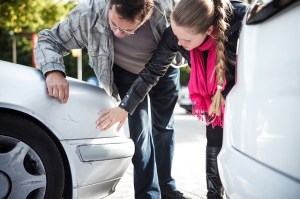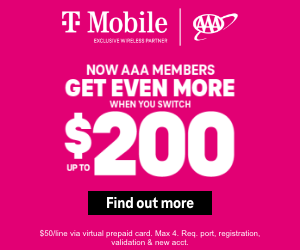Your car lease is coming to an end, but you love your car and aren’t quite ready to let it go. Should you buy out your car lease?
Owning your previously leased vehicle could make financial and practical sense. You can skip the shopping stage and stay in a vehicle with a known history and drivability rather than take a chance on another used car.
Here’s what to consider before making a decision.
Why Buy Out Your Car Lease?
When you reach the end of your lease agreement, you have the option of returning the vehicle to the dealership or taking the buyout option, where you pay to own the car. Some contracts also allow drivers to buy out their lease before the agreement expires.
The buyout price of the vehicle, also known as the purchase price option, is usually set at the time of the lease signing (you should be able to find it on your agreement contract). It is determined based on the car’s residual value, the car’s predicted price at the end of the lease.
This is where the current car market comes into play. If you signed your lease agreement when the car price was lower, your purchase price option could be more favorable compared to what a used car on the open market could cost you.
Another consideration is the condition of your leased car. The dealership will inspect your vehicle when your contract comes to an end. If there’s any damage above the normal wear and tear, you’ll be responsible for the costs. If you choose to buy out your lease, however, you won’t need to pay. That money could instead go toward purchasing the car.
The same is true with mileage. If you exceed your lease agreement mileage limits, you’ll be on the hook for per-mile penalties if you return the vehicle to the dealership – but you won’t be if you buy out the lease.
How to Buy Out Your Lease
If you’re thinking about buying out your lease, take a look at your current lease agreement terms and the car’s residual value. Then compare these numbers to the going rate of the car today. Remember, when buying out a lease, you’ll have to pay the residual value plus any applicable taxes and fees.
Fortunately, lease buyouts can be financed through auto loans. The process is very simple and much like that of any other car purchase or refinance. It’s always a good idea to shop around for loans with the best terms and lowest interest rates.
Looking to buy out your car lease? AAA has you covered with low-interest auto loans to help finance your purchase.

















